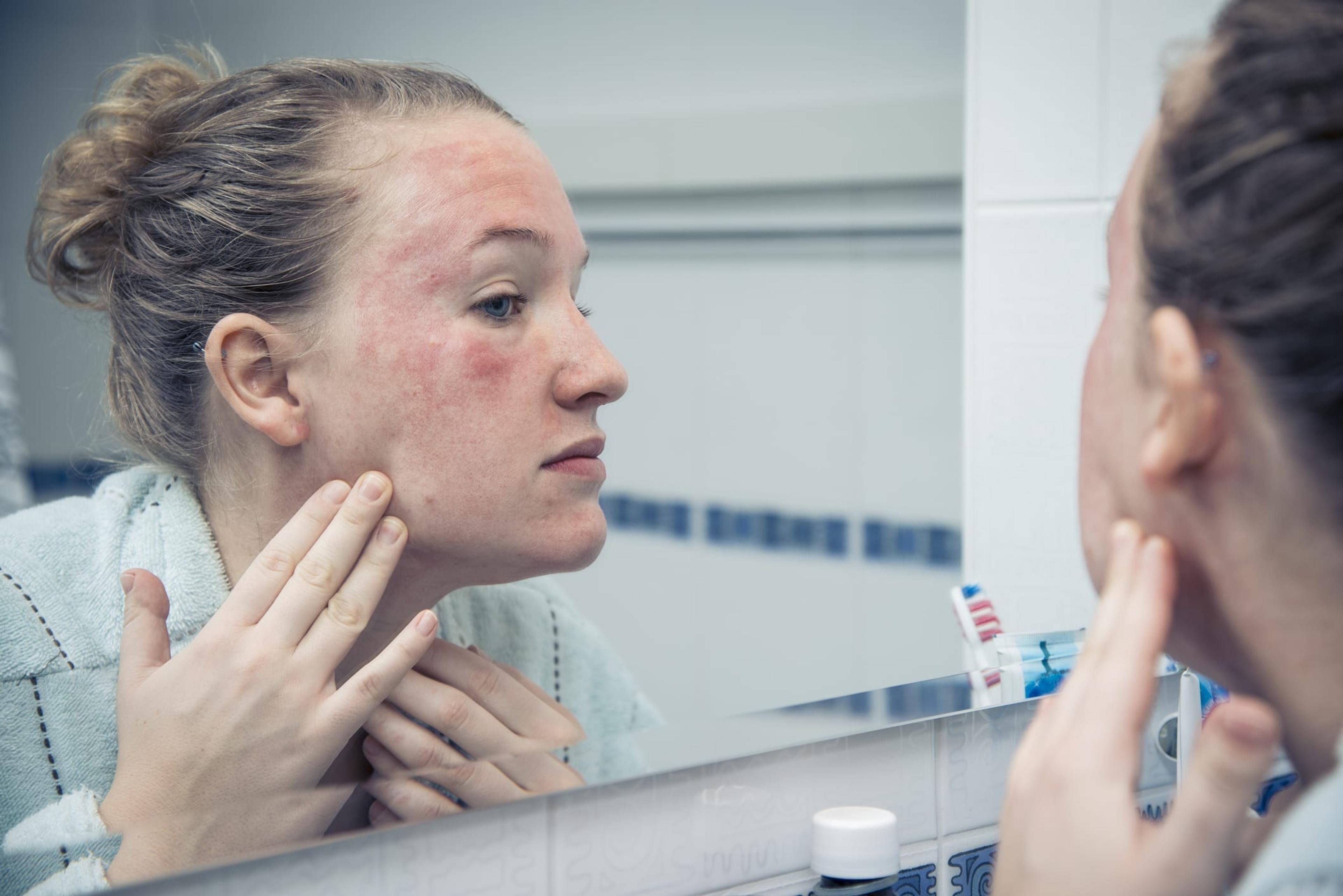
Summer is associated with sunny days and warm weather, which are both pretty beloved by most! But for people with chronic health conditions, this time of year can be a cause for concern. The summer season marks an increase in heat-related illnesses that can lead to severe injury or even death.
How warm weather exacerbates common medical conditions
Autoimmune diseases: An autoimmune disease is a condition that causes the body to attack its healthy cells. This includes lupus, which targets tissues and organs, multiple sclerosis, which damages the central nervous system and rheumatoid arthritis, which primarily attacks the joints. When the temperature rises, individuals may experience amplified symptoms such as blurred vision and fatigue.
Lung diseases: Lung diseases like chronic obstructive pulmonary disease (COPD), pulmonary fibrosis and asthma can be agitated by extreme temperatures and airborne irritants such as pollen, smoke, and smog. Once triggered, airways will narrow leading to wheezing, coughing and tightness in the chest.
Skin diseases: The skin is the body’s largest and most vulnerable organ. Due to its level of exposure, people with skin disorders are more likely to experience flareups caused by seasonal change. Conditions such as eczema and rosacea worsen in extreme heat. A person can develop rough and painful patches across the face and body.
Signs of a heat-related illness
- Hot, red, dry or damp skin
- Headache
- Dizziness
- Fast or weak pulse
- Nausea and/or vomiting
- Heavy sweating
- Confusion
- Muscle cramps
- Painful, red blisters
- Loss of consciousness
- Body temperature of 103 degrees Fahrenheit or above
How to manage chronic health conditions in the summer
- Monitor medications: Ask your doctor if current medications can induce or worsen heat-related symptoms. In some cases, they may lower your dosage or stop it altogether.
- Stay hydrated: Hot weather leads to excessive sweating, which is the body’s way of regulating its temperature. When this occurs, it’s important to replenish fluids throughout the day. Stick with water or sugar-free drinks and avoid caffeine or alcoholic beverages, which can cause dehydration.
- Avoid strenuous activities: Outdoor activities like running or intense yard work can lead to exhaustion--a form of fatigue that leaves you physically and mentally drained. Keep movements light and avoid working during mid-day when the sun is at its peak.
- Wear sunscreen: For general coverage, find a broad spectrum sunscreen with SPF 15 or higher to protect against harmful UV rays. Those with severe skin conditions may ask their doctor for a prescription sunscreen that’s safe and effective.
- Stay in a cool space: When outdoors, sit or stand in covered areas that provide ample shade. Choose indoor spaces that are airconditioned or have substantial ventilation. You can also use portable fans to increase airflow throughout the area.
Photo credit: Getty Images






